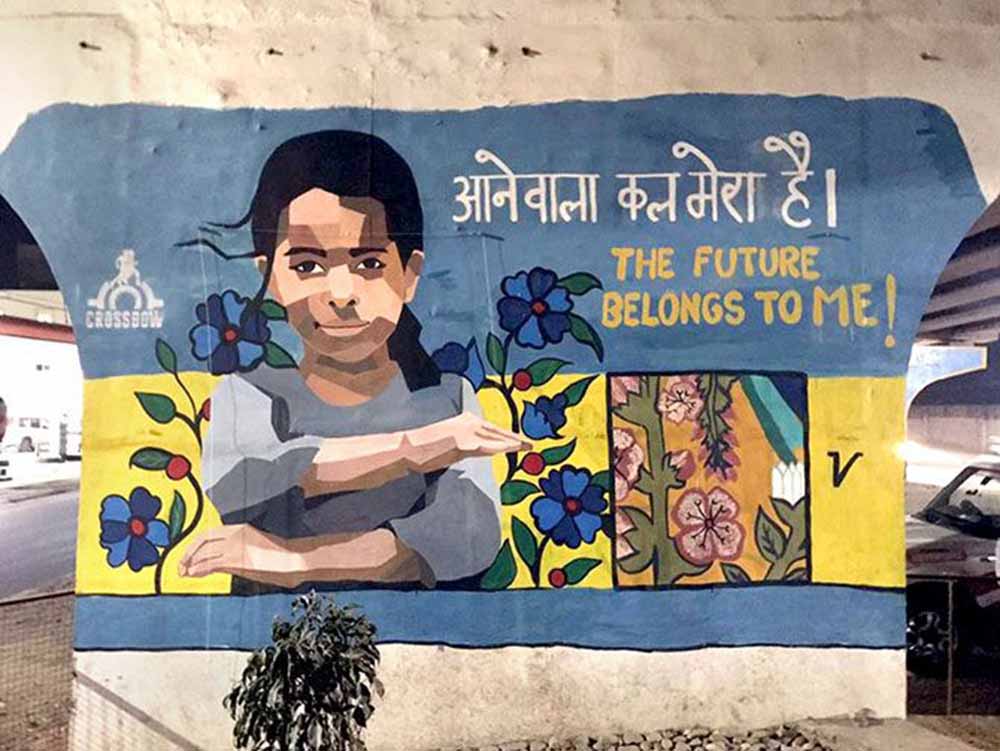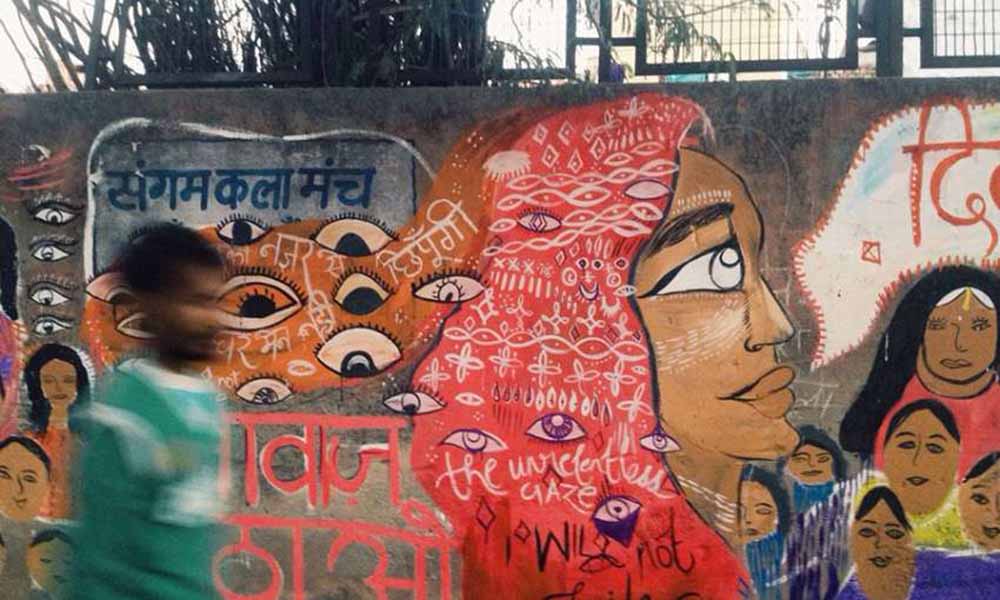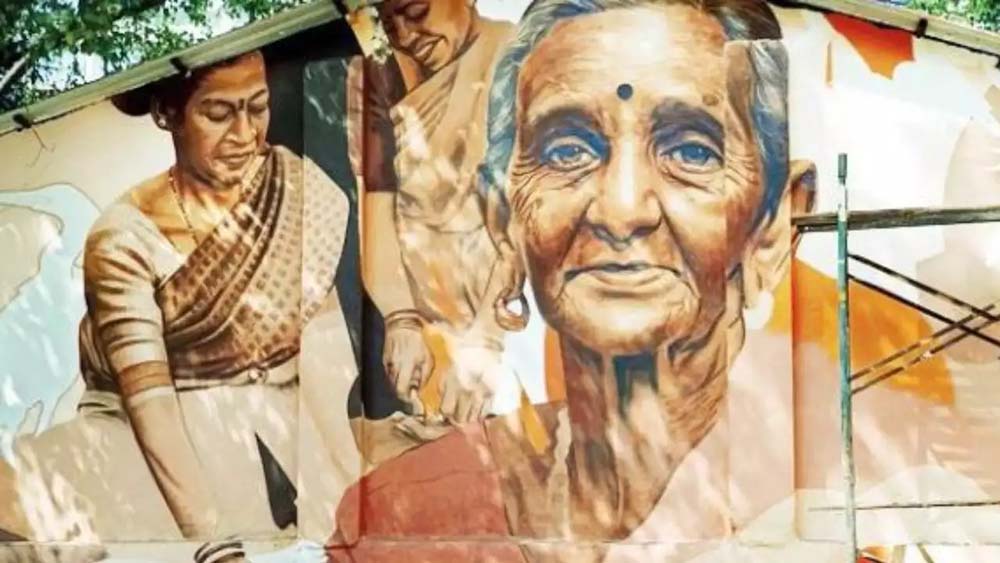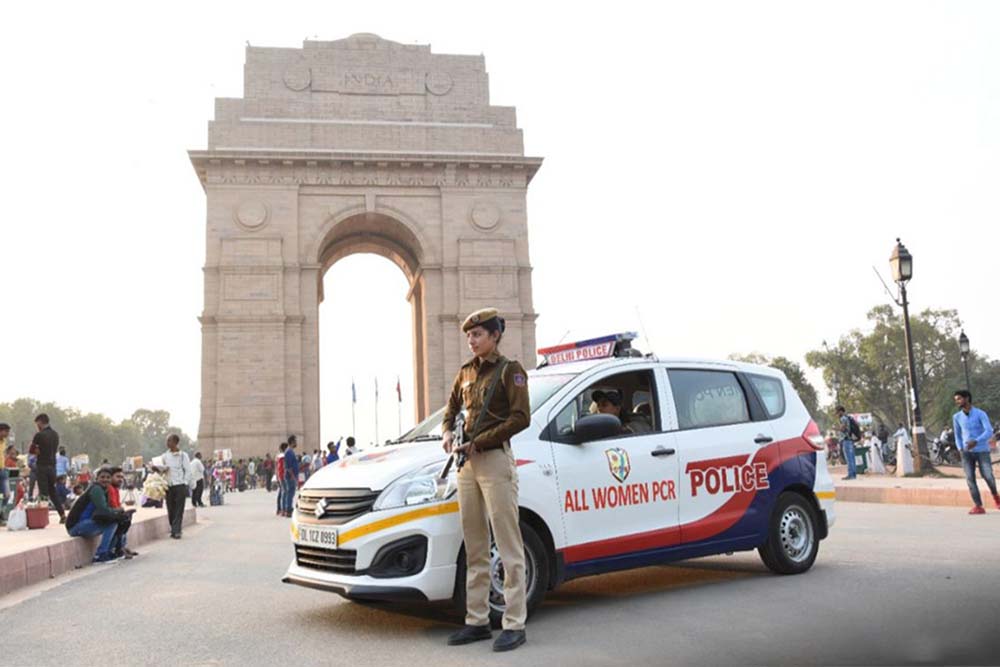‘The day a woman can walk freely on the roads at night, that day we can say that India has achieved independence.’
– Mahatma Gandhi.
In India, around 22.8 lakh documented crimes against women have been recorded from 2016 to 2021. According to the study, roughly 7 lakh or 30 per cent, were recorded under Section 498A of the Indian Penal Code (IPC). The abuse of a woman by a spouse or his family members is covered under Section 498A. Every day, more low-minded crimes like rape and acid attacks are committed. 31,878 rape cases alone were reported to the police last year. Even so, the number has increased by 15 per cent.

A 2011 Gallup survey showed that 60 per cent of women reported sexual harassment on the street or in public transport, in cities in China, Egypt, India, Israel, Japan, Pakistan, Korea, and the United States, among other countries. Difficulty accessing transport has been shown to reduce women’s literacy and labour force participation. Addressing these risks could increase tax and service revenue, as well as appeal to growing numbers of women voters. For instance, during the 2019 Indian election, which saw record numbers of female voters, one study found that 70 per cent of Indian mothers were particularly concerned about women’s safety.
Women’s safety in India is a widely discussed and serious problem. Women are not safe either at home or outside. But our Indian constitution and judiciary has established firm and detailed laws for women’s safety. There are several laws and initiatives in place to support women’s safety and freedom rights.
Nirbhaya Fund: Measures taken for the execution of programmes meant to improve women’s safety and security throughout the nation.
181 Helpline: Immediate care and prompt action for women who have experienced violence, with services are available around-the-clock.

One-stop Centre (OSC): Regardless of caste, class, religion, area, sexual orientation, or marital status, the OSC will support any woman experiencing assault, including girls under the age of 18.

Meri Saheli: Meri Saheli’s initiative was launched as Pilot Project by the Railway Protection Force (RPF) across the South Eastern Railway for the safety of women passengers in trains originating in that zone.
Nirbhaya Squad: The Mumbai Police has established 91 Nirbhaya Squads, consisting of specially-trained women officers, to combat crimes against women.

Technology Put To Use For The Greater Good
First off, to assist women in need who may be in a public place, at home, or even at work, various states have established and are now running the 181 and 112 as emergency helpline numbers. These specific numbers are available to women immediately, run around-the-clock, toll-free, and have integrated contact centres that are open 24/7 to offer medical, legal, and police assistance. In order to help those in need in a timely manner, Ziqitza Healthcare Limited also runs 181 Police Helplines in Punjab. Established in collaboration with the Punjab Police and the Government of Punjab, the 181-helpline service manages more than a million calls annually pertaining to various forms of harassment, such as rape, acid assaults, and domestic abuse.
The government has launched a number of robust smartphone applications that act as security guards for women, ensuring their safety in all circumstances. Some of them are:
• Eyewatch SOS for Women
• SpotnSave Feel Secure
• iGoSafely
• Smart 24×7
• bSafe
• Shake2Safety
• Trakie
• My SafetyPin
Image source: Safty, Forbes India, Rediff